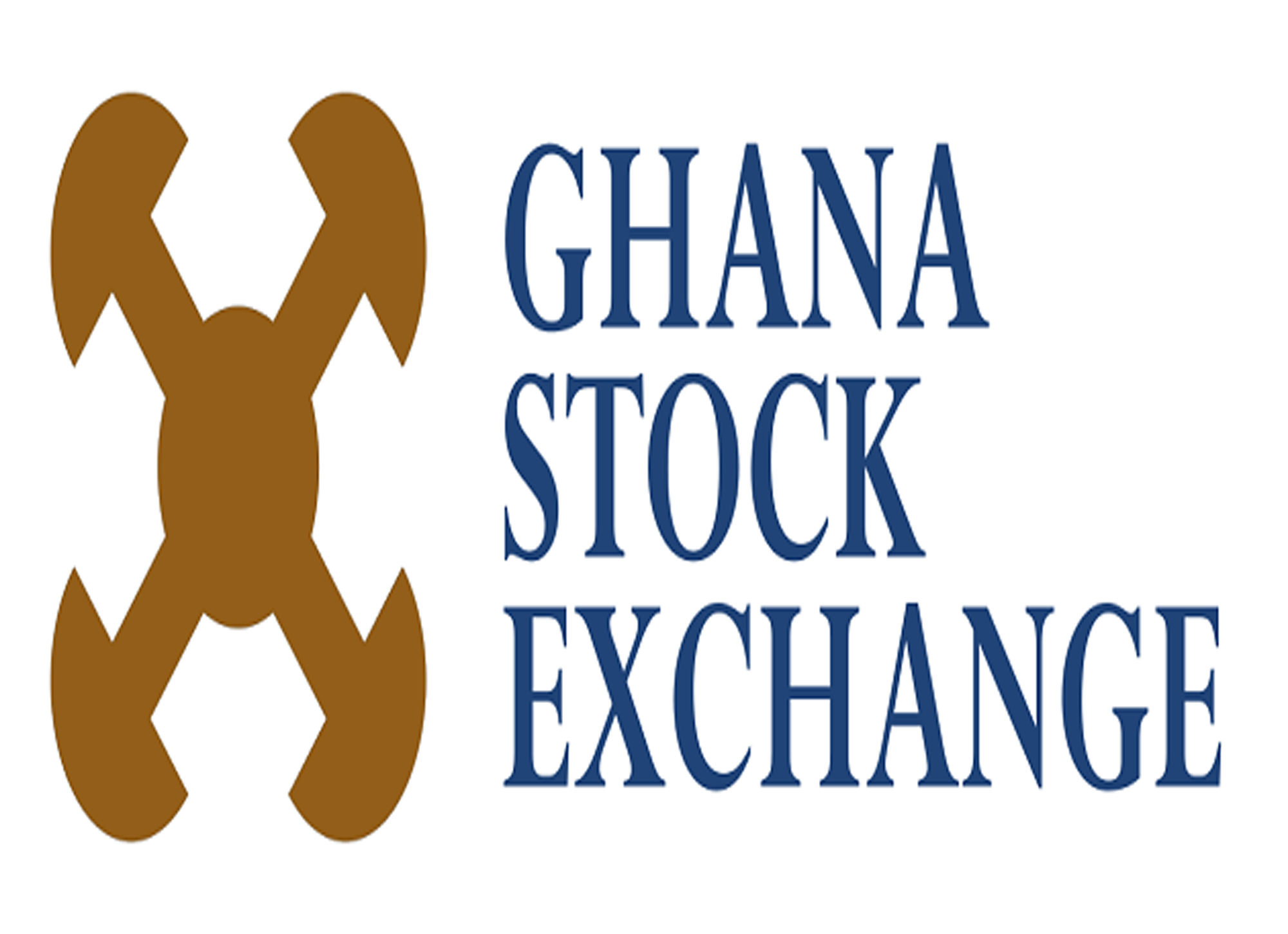
African private equity deals fell to $2.5 billion in 2015, compared with $8.1 billion in 2014, according to the African Private Equity and Venture Capital Association.
Fundraising and transactions are expected to be down further in 2016.
It is time to buy for 2017. Market expectations are moderated — arguably low within some corners — thus asset prices are low.
The International Monetary Fund (IMF) World Economic Outlook, provided in July 2016, may have been too optimistic for 2016. It estimated economic growth in sub-Saharan Africa at 1.6 percent for 2016. Yet analysts in the market and the general sentiment suggest that growth could slip under the 1.5 percent mark. That said, the general market sentiment is growth greater than 3.5 percent for 2017. Low commodity prices and electricity supply shortfalls will likely extend into 2017. But most countries are better prepared for these issues after the 2016 trial-by-fire learning
Nigeria and South Africa leaning in the wrong direction
Nigeria
The Nigerian and South African downturn weighs heavily on the market mood and statistics in the sub-Saharan region. Excluding the two biggest economies, growth in sub-Sahara would rise to approximately 2.5 percent based on the IMF statistics.
Nigeria is expected to close out the year in a recession, which would be a first since 1991. The foreign exchange uproar has calmed under a more liberalized regime. But the widespread foreign exchange shortages still trouble the Nigerian economy. The dramatic slippage in oil revenue (and efficiency) within the Nigerian economy sits at the center of this discussion. Security issues in the Delta region have hurt oil production with the outlook not so promising in the near term. Electricity shortages have also increased due to disruptions in the gas supply.
Those critical of the Nigerian government harp on the absence of a public plan for addressing the current economic challenges. It’s no surprise that critics chose Nigeria’s Independence Day to comment on the economy under President Buhari. Peoples Democratic Party member Deji Adeyanju took the biggest punch, calling Oct. 1, 2016 the worst Independence Day since 1960.
South Africa
South Africa is struggling to find its way. The economy is expected to expand a little less than 0.5 percent this year. The National Development Plan is a great starting point and constant regrouping baseline for the economic leadership. But the political contests brewing within the ruling African National Congress party and against opposition are slowing a cohesive response. Business and consumer confidence is falling. A potential credit rating downgrade also hovers over the country.
The legal scuffle centering on the potential graft charge against South African Finance Minister Pravin Gordhan drags on in the public space. The local newspapers, including the City Press, constantly cite sources in the police, the National Prosecuting Authority, and the tax agency that speak of an impending arrest. The investigation, if initiated, will likely include multiple officials from the South African Revenue Service.
Gordhan commands high respect in the international market. But infighting in the ANC and the entangling of this investigation will surely hurt the South African currency and economy in the short term, and possibly long term.
Private equity firms bearing the brunt of the trouble
The discussion in the African private equity space currently focuses on the changes in leadership at the bigger players. But that discussion ignores the expected reality of strong, ambitious leaders who will opportunistically pursue new career growth.
What should be a concern is the trend in investment. African private equity deals fell to $2.5 billion in 2015, compared with $8.1 billion in 2014, according to the African Private Equity and Venture Capital Association, with fundraising and transactions expected to be down further in 2016.
The troubles in Nigeria and South Africa are conspicuous in private equity boardrooms because many funds have significant resources allocated to these two countries or countries closely aligned with their economies. The dramatic downturn has spread to Angola, Ghana, Mozambique and Zambia, considered stars only 12 months before.
The greatest pains are being felt in the financial services and logistics sectors where low commodity prices have slashed profits. Diamond Bank and Union Bank – partially owned by Carlyle and Standard Chartered respectively – have seen values fall more than 50 percent in the past year-and-a-half as the Nigerian naira has plummeted. The Mozambique Central Bank took over the country’s fourth-largest bank Moza Banco after Moçambique Capitais could not provide further liquidity to the bank. J &J Transport, which provides logistics services in Africa, including in Mozambique, has endured tougher times with commodity prices.
Unexpected times call for new thinking. Standard Chartered, for example, is considering spinning out its private equity unit to its managers. CEO Bill Winters argues that the spin-off of Standard Chartered Private Equity would reduce the risks on the larger bank’s balance sheet.
Turning the corner in 2017
Despite worries in some countries for 2017, underlying economic factors are slowly showing promise for the next year. New copper mining facilities are coming online for Zambia in 2017 with producers pronouncing lower production costs. Ghana’s TEN oil field bodes well for the country in 2017 when it will be at full production. Oil could be a boost for Uganda and Kenya in the near term.
But let’s say you are not keen to bet on commodities in the near term.
Then you can focus on the growth in consumer-based growth countries like Ethiopia. Cote d’Ivoire is still pulling the growth lever with a balanced mix of consumer-based growth, infrastructure strengthening, and lower risk mining. Power improvements through investment in East Africa and West Africa will dramatically change manufacturing for local economies.
Logistics and financial services – going against the past market movement – are huge opportunities if you can buy in at low asset prices and ride the unavoidable African rebound in the next year and beyond. Critics will say Carlyle bought Diamond Bank after Actis barreled through a tough several years of ownership due largely to the turbulent economic times during its ownership. But the bottom in asset prices is probably here with low commodity prices and slow economic growth baked into considerations.
That said, the market is moving towards being a buyers market. If it is going to be less capital (from lower fundraising in 2016), less financial (and strategic) players, and less risk takers in 2017, asset prices are likely to remain lower with less competition. The economic normal — or price floor — is surely higher than the present. Buy if you can.
Author: Kurt Davis Jr. is an investment banker with private equity experience in emerging economies focusing on the natural resources and energy sectors. He earned a law degree in tax and commercial law at the University of Virginia’s School of Law and a master’s of business administration in finance, entrepreneurship and operations from the University of Chicago. He can be reached at kurt.davis.jr@gmail.com.









